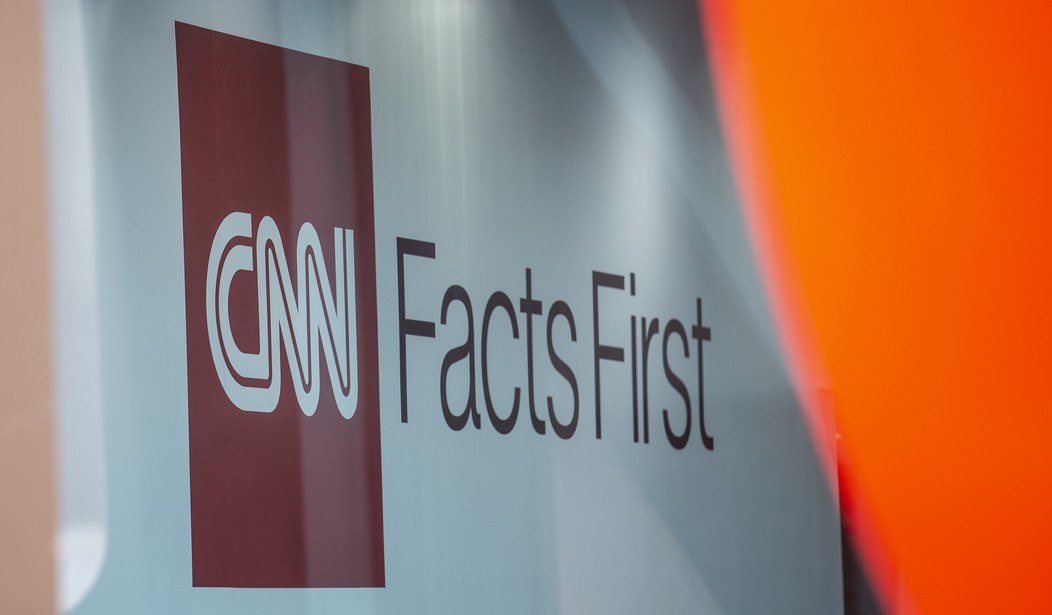Invariably, when I write a story about an article in the New York Times, the Washington Post, or whichever usual mainstream suspect is printing garbage that day, I get comments from readers who say things like “Who cares? I wouldn’t go near that rag anyway.”
I do not discount those commenters; in fact, they ask an important question: Why do we write about the idiocy that is regularly vomited out by today’s dominant American media? Why don’t we as a group just ignore that link, throw away that newspaper, turn away from that channel? That solves the problem, doesn’t it?
Nope, it doesn’t. The complication starts with the actual definition of “mainstream media.” The Cambridge Dictionary defines it as:
Forms of the media, especially traditional forms such as newspapers, television, and radio rather than the internet, that influence large numbers of people and are likely to represent generally accepted beliefs and opinions. [Emphasis mine.]
“Generally accepted beliefs and opinions,” my arse.
Another term for this is “legacy media.” Legacy media is defined as one-way media, meaning they tell you what’s happening—and you listen. There’s no interaction, no chance for you or others to weigh in. You’re a spectator, not an active participant. I grew up in that environment; if the nightly network news said it or the New York Times printed it, it was objectively true.
That landscape has drastically changed in the internet era—now we can comment on stories on news websites, we can post our own content on Twitter or Facebook or Substack, we can create sites like this one where alternative news can be conveyed. We no longer must rely simply on the monopoly of information that was once a staple in our society—and still is in places like Russia, China, and of course, North Korea.
What has this wrought? For one, the decentralization of news has revealed that, in fact, the legacy media is actually often lying to us. This would have been a preposterous notion just a few decades ago, but now it’s an unavoidable fact. They lie to us in the stories that they do cover, they lie to us in the stories that they don’t cover, and they lie to us in their censorship of stories covered by others. Think it doesn’t matter? It does, because bias has a direct effect on elections, the results of which play a huge role in our daily lives.
Take the most obvious and most important recent example: the Hunter Biden laptop story. Although the New York Post is legacy media—they are in fact the country’s oldest newspaper—they’re often considered an outlier because they are one of the few right-leaning outlets left of the old regime. As we know, they reported on the laptop that Hunter Biden abandoned in a repair shop, and their report included staggering details of Hunter’s debauchery but, more importantly, apparently corrupt dealings by the now-leader of the free world, President Joe Biden.
What happened? Tech oligarchs led by Twitter censored the information, and legacy media like the once-authoritative New York Times and Washington Post quashed the story right before the election. This had consequences. A full 16 percent of voters now say they might have voted differently had they known more about this story, easily enough to have changed the 2020 outcome.
Equally as contemptible was the “coverage” of the Russia collusion “scandal.” The country spent two years embroiled in the controversy, endlessly pushed on us by the corrupt NY Times and the wild-eyed, conspiracy-hyping MSNBC. It effectively knee-capped the Trump administration and arguably had a hand in costing him the 2020 election. But guess what? It was all A LIE. Anyone with a brain knew it at the time, but the mainstream media kept pushing it on us like it was as sure as the weather.

There’s also the obscene coverage of the George Floyd riots, where the powers-that-be told us that the riots were mostly peaceful even as arsonists torched buildings in the background and looters engaged in mayhem right behind the reporter. They even told us—at the height of the COVID pandemic—that these gatherings were safe because they were in the name of social justice, and the virus would somehow respect that. Seriously.
Meanwhile, those of us who live in California have watched in disbelief as our state crumbles, but the LA Times and the San Francisco Chronicle continue to fawn over Governor Gavin Newsom like he’s their newborn baby. It’s putrid stuff.
This is why we and others like us must keep reporting on what the dominant media is saying. We must fight back. The Biden administration just tried—and spectacularly failed—to institute a “Disinformation Governance Board.” Alternative media is our disinformation board, our way of pointing out the lies and deceit of a media culture that’s effectively become an arm of the most left-leaning wing of the Democratic Party. I’m not egotistic enough to think that one column or one website can change the direction of our biased media, but it’s the collective efforts that are important. With websites, Twitter, talk radio, Fox News—combine them all together and you have a powerful force.
Look again at the definition posted at the top of this story: Mainstream media represents “generally accepted beliefs and opinions.” That’s simply NOT TRUE, and it’s why we and all the other alternate media must keep battling their falsehoods and promote the facts.
“Democracy dies in darkness,” the Washington Post likes to say. For once they’re right.
RELATED:
- Media Matters Drops Hit Piece on Fox News’ Bill Melugin, Calls Him a ‘Far-Right Propagandist’
- Los Angeles Times Writer Complains That Activist Media Isn’t Biased Enough
- Jon Voight Slams Media Bias, Asks if ‘Journalists Have Any Sense of Pride, Even’
- Media Bias on Display: A Tale of Two Governors and COVID
- That New York Times Hit Piece on Tucker Carlson Is Exposed By What They Did Not Highlight
- Gaslighting Brought to You by the New York Times
- Taylor Lorenz Is Not the Only Problem – Washington Post Cannot Keep Its Own Story Straight
- The Washington Post Invents a Vaccine Claim Ron DeSantis Didn’t Make
- MSNBC Hack Who Went to ‘Fight’ in Ukraine Gets Completely Exposed
- ‘The View’ Goes Full Putin in Dangerous Segment on Tulsi Gabbard, Tucker Carlson, and Russia
- “Riffed from the Headlines” – Brad Slager’s daily VIP feature with coverage of the deeply flawed aspects of journalism in the nation.














